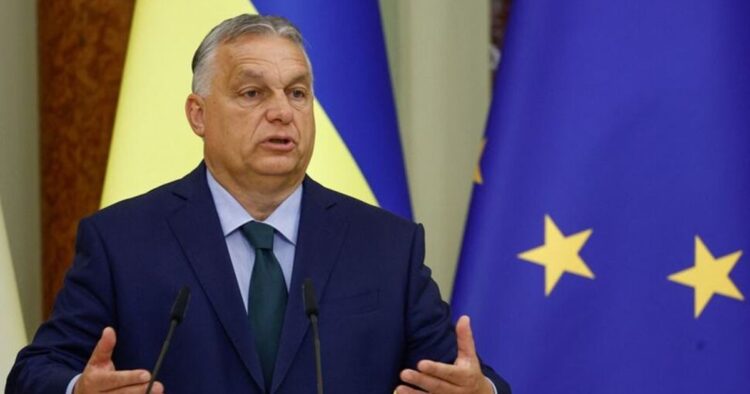Hungarian Prime Minister Viktor Orban visited Moscow to meet with Russian President Vladimir Putin on Friday. This visit has drawn strong criticism from other leaders in the European Union (EU) and a warning that Orban does not speak for the EU.
Hungary recently took over the six-month rotating presidency of the EU on Monday. Shortly after, Orban visited Ukraine’s President Volodymyr Zelenskiy in Kyiv and formed an alliance called “Patriots for Europe” with other right-wing nationalists.
Now, Orban has gone to Moscow on what he calls a “peace mission,” just days before a major NATO summit. One EU diplomat commented on the situation, saying, “With such a meeting, the Hungarian presidency ends before it has begun.” The diplomat added that Hungary seems more focused on promoting its own interests rather than understanding its role in the EU.
Josep Borrell, the EU’s foreign policy chief, stated that Orban is not representing the EU in any form during his visit to Moscow. Finland’s Prime Minister Petteri Orpo also expressed his concerns, calling the visit disturbing and saying it shows a disregard for the duties of the EU Presidency and undermines the interests of the European Union.
Pavel Havlicek, a research fellow at the Association for International Affairs, said Orban’s visit is an abuse of a power vacuum in Brussels and a dangerous undermining of the common European position.
Orban acknowledged that he has no mandate to negotiate on behalf of the EU but argued that peace cannot be achieved “from a comfortable armchair in Brussels.” He wrote on the social media platform X, “We cannot sit back and wait for the war to miraculously end.”
Orban’s actions have raised concerns about Hungary’s commitment to EU values and its role in the union. As Hungary leads the EU for the next six months, the international community will be closely watching how this situation unfolds.

















Comments